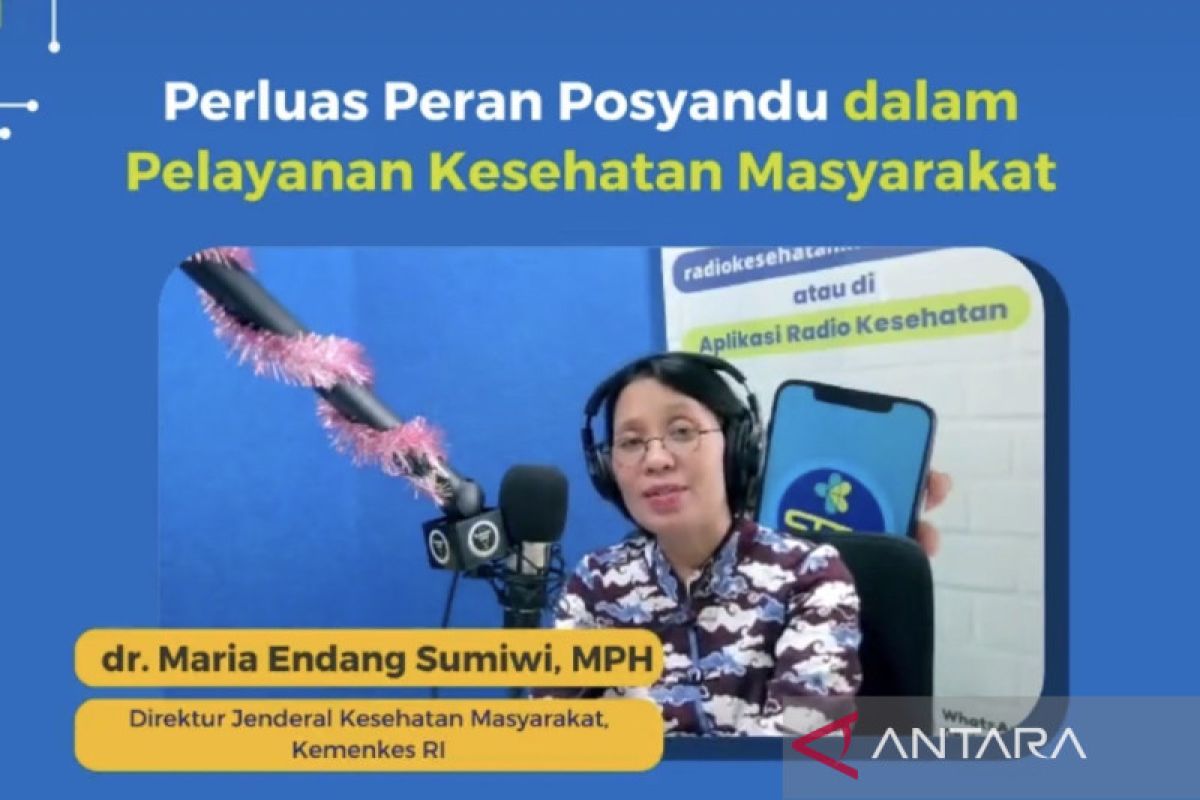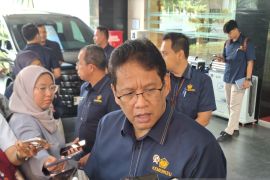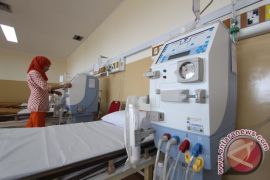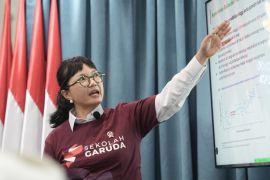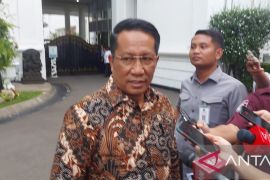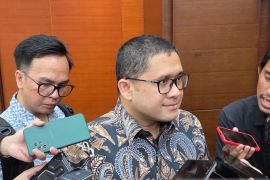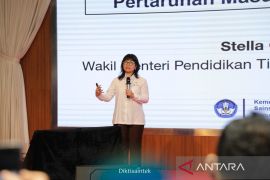"We want to rise stronger, including (to have) a stronger health system, so that in future, we are able to face situations (like the COVID-19 pandemic)," the ministry's Director General of Public Health Maria Endang Sumiwi said at a "Healthy Broadcast" event on Monday (February 27).
She noted that reflecting on Indonesia's experiences during the early COVID-19 pandemic, Indonesia's health system was not strong enough during that time.
She underscored the impact faced by primary health services, for instance, those at integrated health posts (posyandu), which were earlier able to operate at around 60 percent, then decreased to 20 percent.
To avoid a repetition of the same mistake in future pandemics, which experts project to arise every five decades, the ministry took the initiative to conduct health system transformation in six pillars, she said.
One of the pillars is the transformation of primary health services, with the focus on building Indonesia's health network system.
Sumiwi explained that community health centers (puskesmas) serve as the regional coordinators for providing primary health services.
"Puskesmas have networks. There are networks with private health (facilities), clinics, private practice doctors, and others," she stated.
She further noted that at the village level, there are posyandu, village health centers (puskesdes), village maternity centers (polindes), and supporting puskesmas (pustu). Currently, the ministry focuses on rebuilding posyandu's role in serving people.
Sumiwi said that the approach used in the transformation of primary services is adjusting to the human life cycle. Every health service is adjusted to the ages of members of the community, starting from babies, under-five children, adolescents, pregnant women, and people in the productive age to older adults.
"For the transformation of primary services, we will arrange it, so that it is simpler with a simple network structure," she remarked.
According to Sumiwi, in addition to facing future pandemics, the transformation of primary health services is also conducted to enable people to maintain a more healthy and productive life.
Thus, the government is reaching people through early detection methods, such as screening and the application of laboratory technologies.
Transformation is also conducted to strengthen prevention through promotive efforts to change the people's behavior for a healthier life.
In pursuit of digitization transformation, the government also targets to present a visualization of health problems in villages to be used in making health interventions in the community.
"We will strengthen local area monitoring," she said.
Related news: Ministry explores remote areas to boost access to health services
Related news: Indonesia striving to solve shortage of specialists doctors
Translator: Hreeloita Dharma, Raka Adji
Editor: Tia Mutiasari
Copyright © ANTARA 2023
